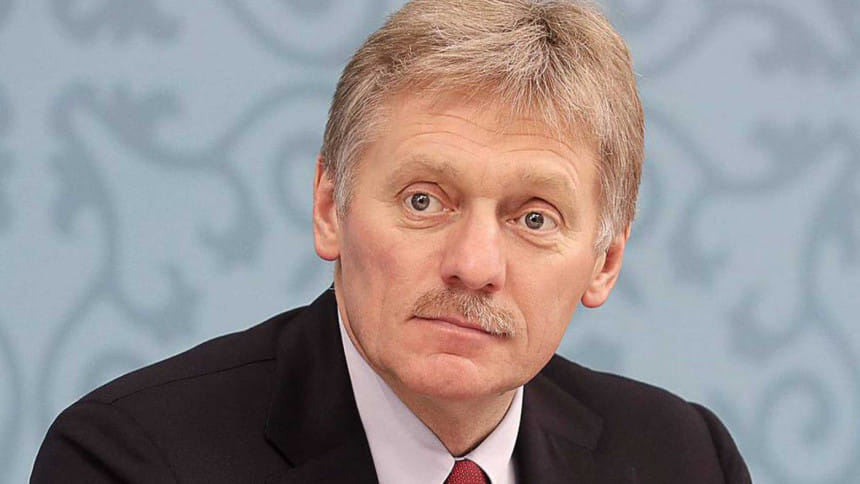Russia’s threat of using nuclear weapons alarming

The world is on tenterhooks since Kremlin spokesman Dmitry Peskov said Russia would use nuclear weapons if its very existence came under threat. Now, the word "if" could mean anything, and it would depend on the Russians how they perceive the necessity of using such weapons of mass destruction (WMD). Peskov must have imparted the thoughts of President Vladimir Putin when he said, "We have a concept of domestic security, and it is public. You can read all the reasons for nuclear arms to be used. So if it is an existential threat for our country, then it can be used in accordance with our concept."
Such expressions as "existential threat" and "our concept" only after a month when Putin ordered Russia's nuclear forces to be put on high alert may invoke a high-stake war in Europe unless otherwise averted. We also note with great concern that Russia's defence ministry confirmed that its nuclear missile forces and northern and Pacific fleets have already been placed on enhanced combat duty.
We condemn Russia's subtle threat of using nuclear weapons, and share the concern of United Nations Secretary-General Antonio Guterres, "The prospect of nuclear conflict, once unthinkable, is now back within the realm of possibility." We have observed that Russia's war in Ukraine has already left a terrifying trail of destruction and deaths. And while the body count is increasing every day, there is no sign of respite for the besieged citizens.
It is distressing to note that while the world community is clamouring for non-proliferation of all kinds of nuclear weapons for the sake of creating a safer world, a threat from Russia of using one in a war with a neighbour has sounded the alarm bell across the world. We are aware of the UN Treaty on the Prohibition of Nuclear Weapons signed in 2017, which could happen after a prolonged campaign by the International Campaign to Abolish Nuclear Weapons—ICAN. We know that an overwhelming majority of the world's nations, including Bangladesh, adopted the landmark global agreement to ban nuclear weapons, known officially as the Treaty on the Prohibition of Nuclear Weapons. It entered into force on January 22, 2021.
Therefore, we call upon all members involved in the conflict—Russia, Ukraine and the West—to tone down the aggressive rhetoric coming from all sides. A month into the war, it is imperative that the parties to the conflict need to sit down and try to reach a political settlement to end it without any further delay, taking into consideration the security and concerns of all sides.

 For all latest news, follow The Daily Star's Google News channel.
For all latest news, follow The Daily Star's Google News channel. 



Comments